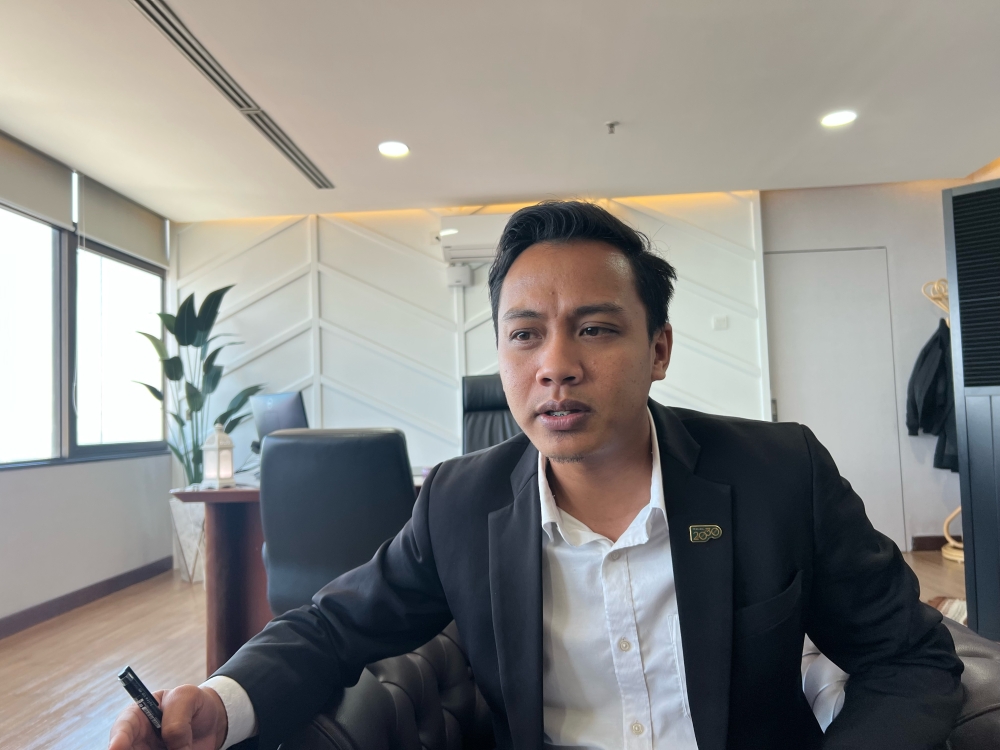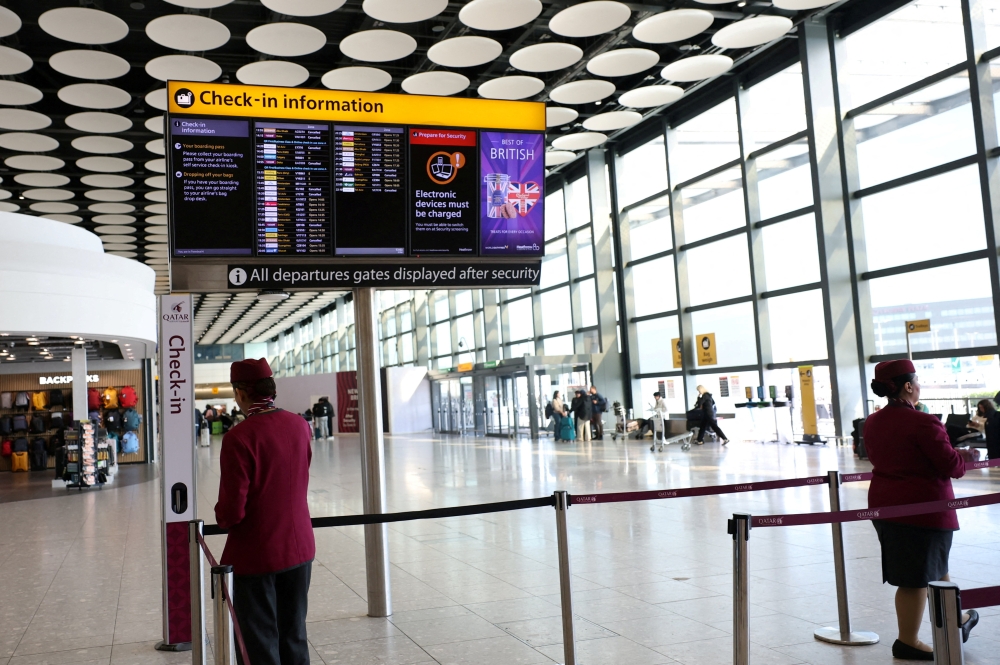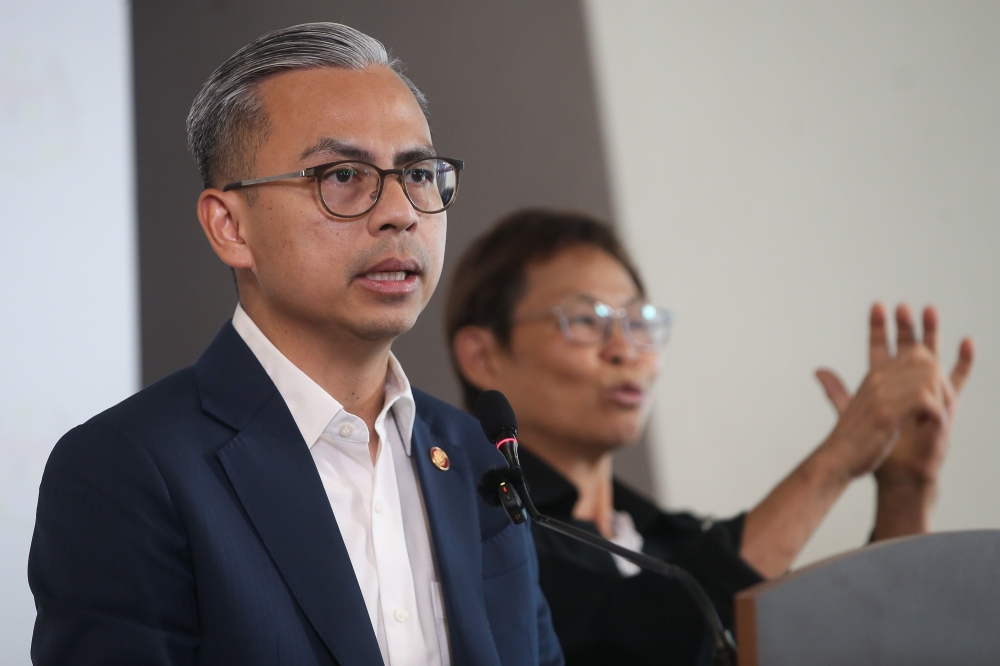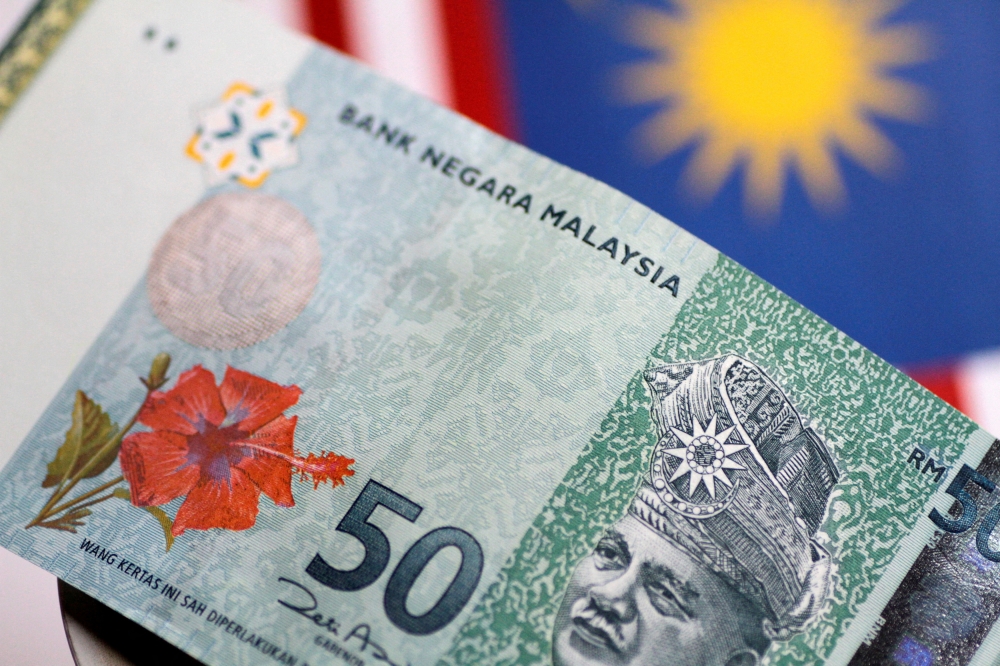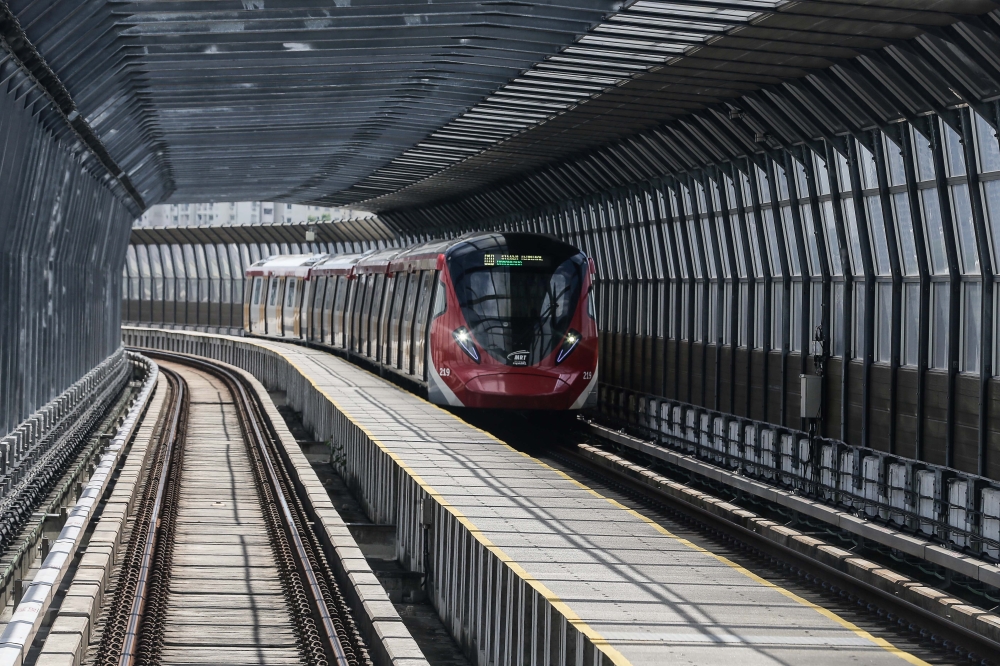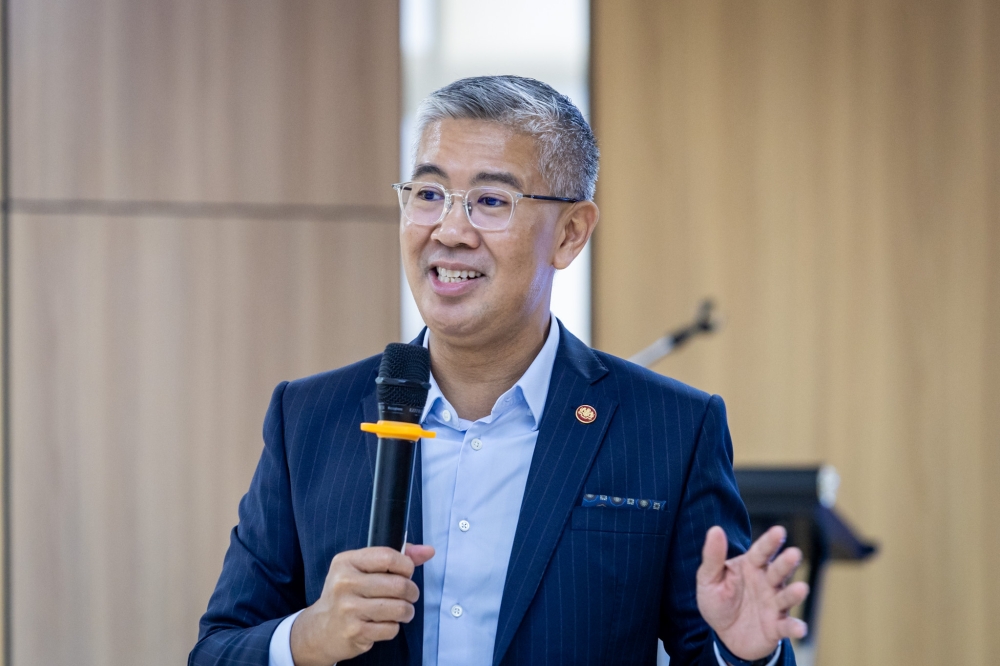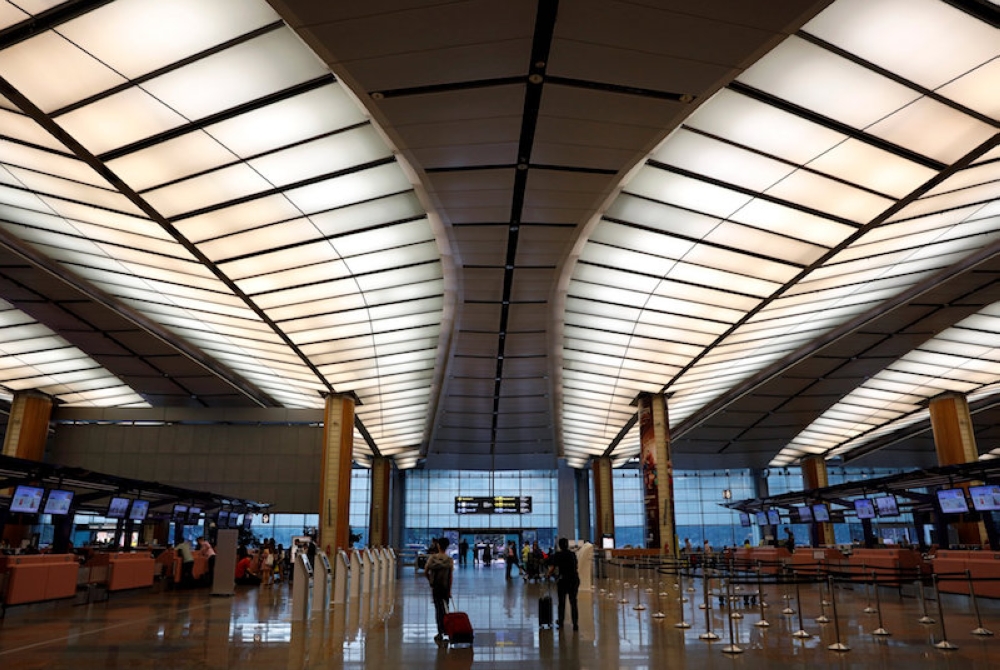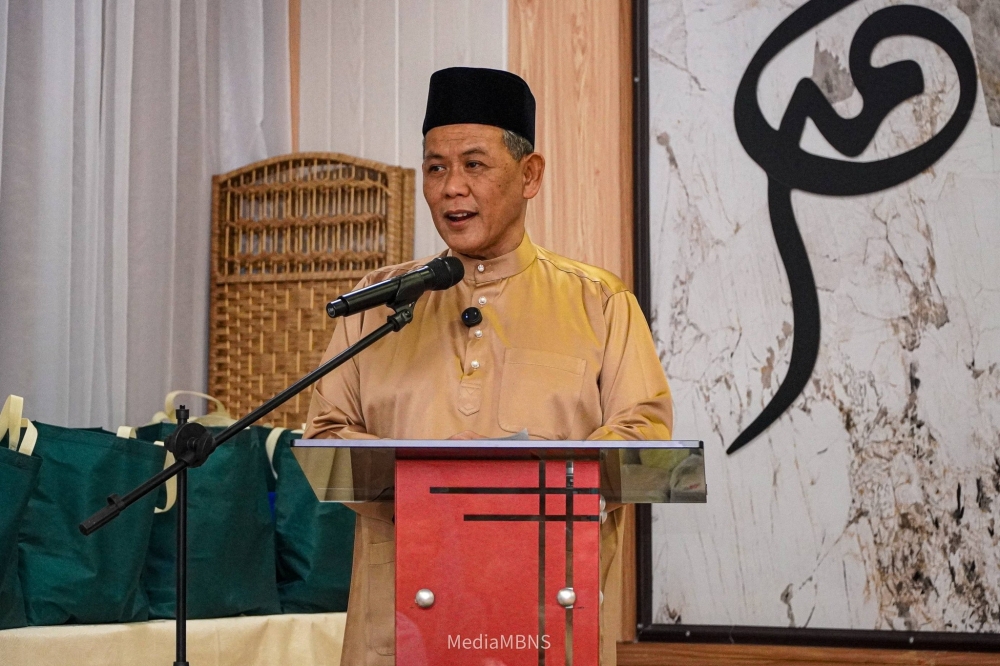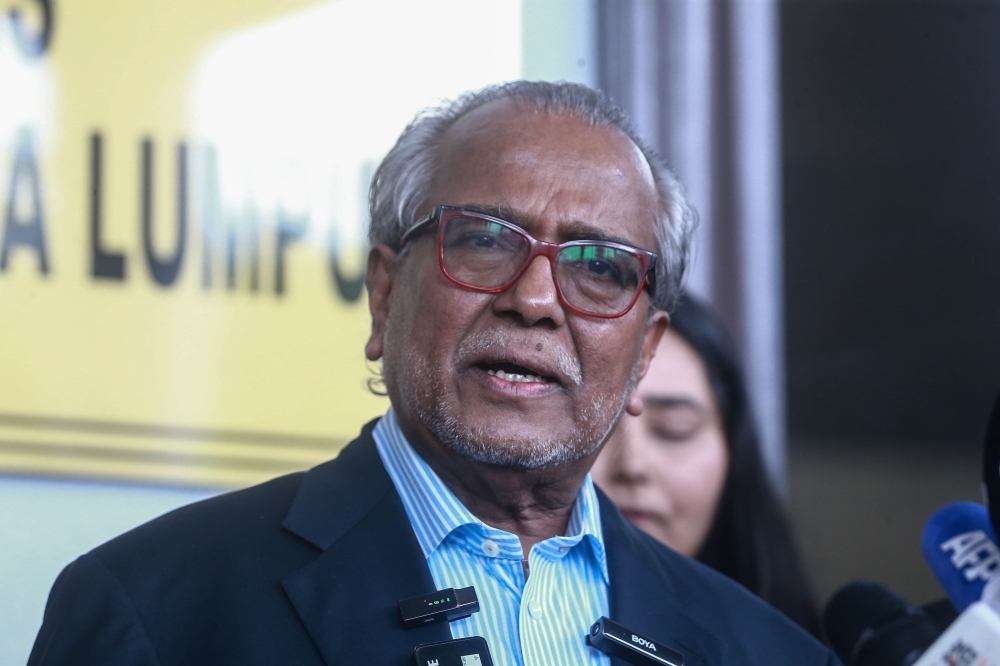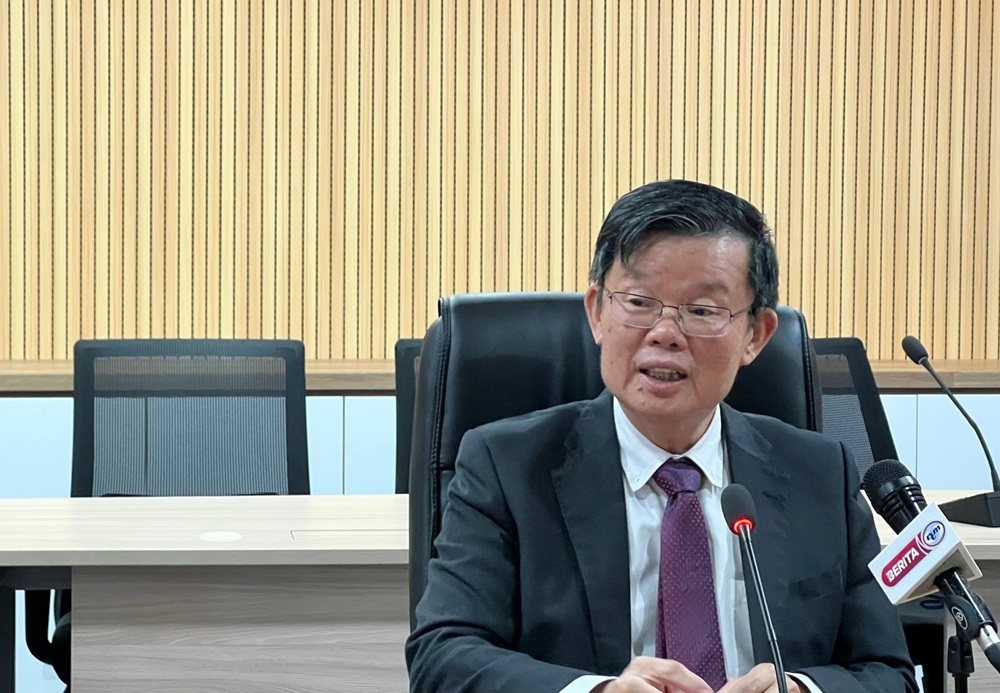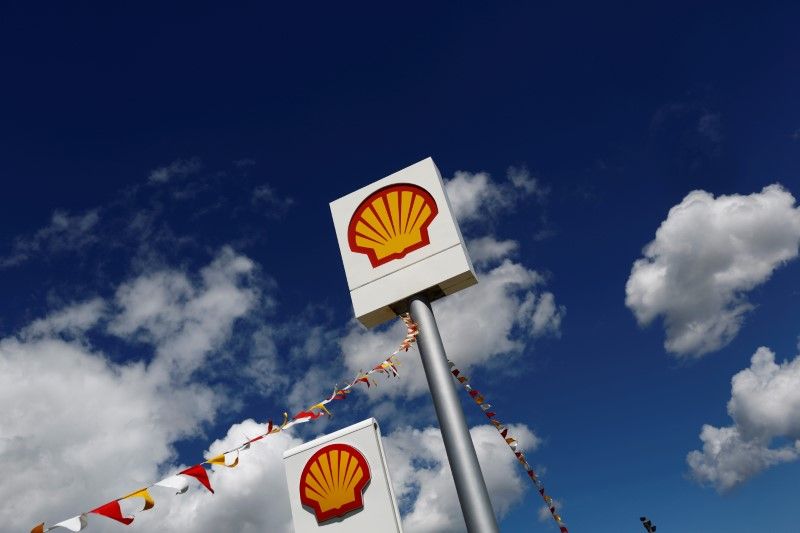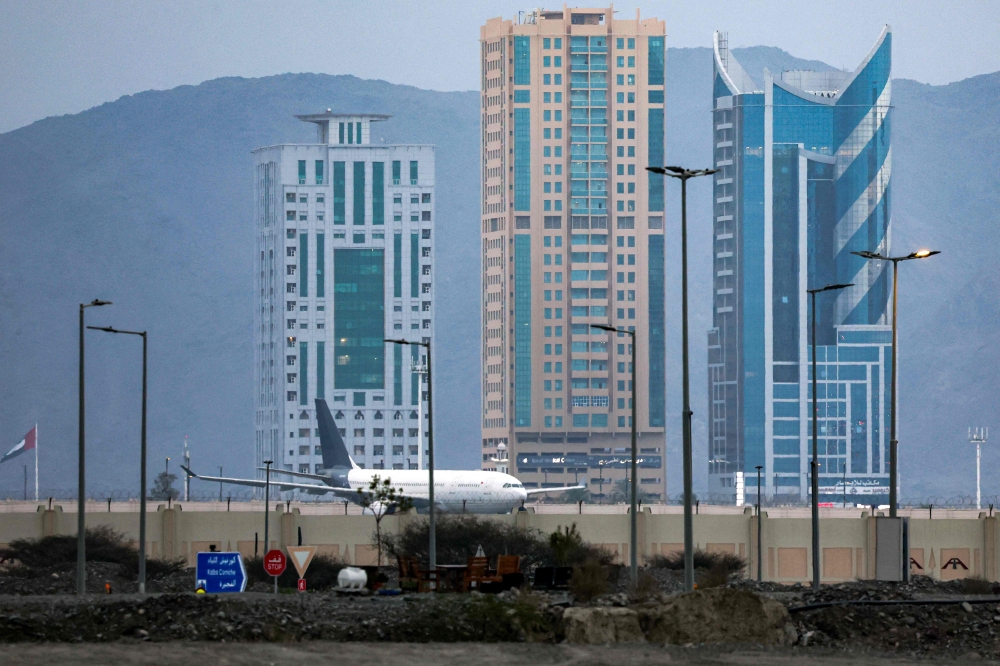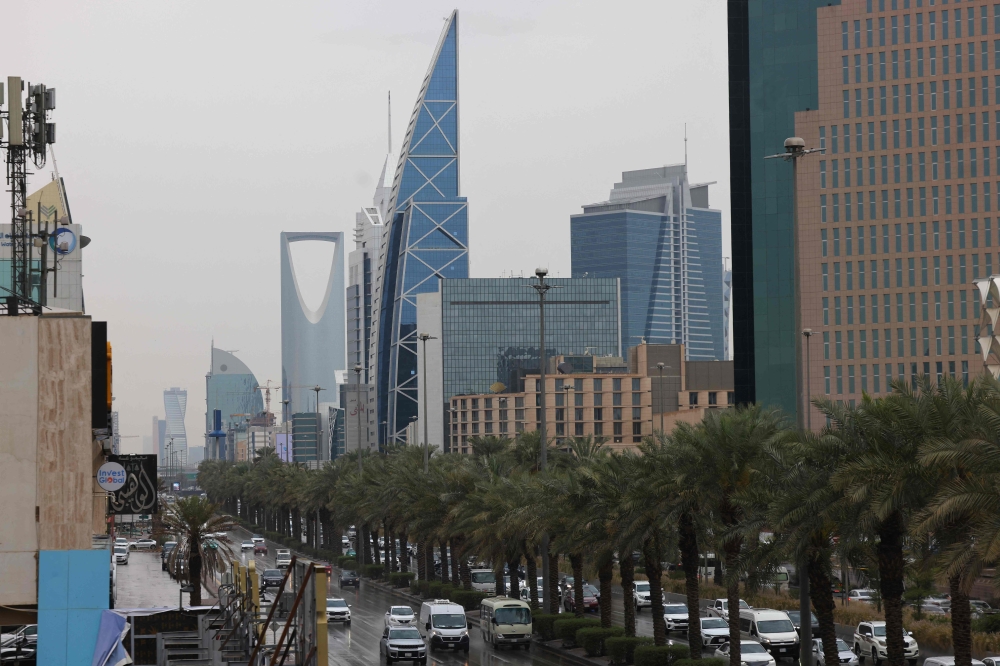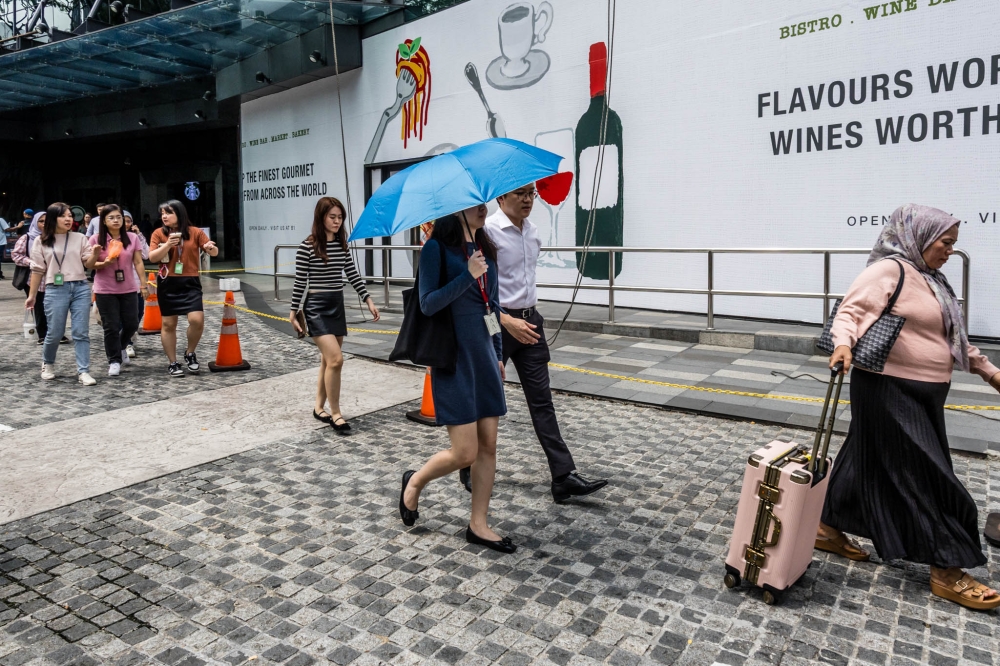KOTA KINABALU, Oct 24 — The State Government views seriously Shell Malaysia’s decision to downsize its operations in the state, said Deputy Chief Minister Datuk Seri Bung Moktar Radin.
“I urge Shell Malaysia to reconsider the decision as this will have a direct economic impact on employees and a direct impact to the Sabah state economy,” said Bung, who is also Infrastructure Development Minister, in a statement here yesterday.
“Shell Malaysia should work hand in hand with the Sabah State Government in balancing the state economy instead of just taking the profits of the state alone but leaving friends who have have helped a lot [throughout the years]during difficult times,” he stressed.
“Shell is one of the petroleum companies that has benefited a lot in the state through the upstream and downstream industries.
“Shell should be together with the Sabah State Government in the situation where the Covid-19 is attacking globally and not make plans by themselves,” he asserted.
Sabah’s ambition to be an oil and gas powerhouse has suffered a blow with Shell’s decision to withdraw from the state in a big way.
The withdrawal, though unlikely to upend operations, is crippling from a visual and economic viewpoint.
Currently, the multi-national company’s upstream and downstream operations are housed in the 14-storey Plaza Shell, a landmark building owned by developer Hap Seng Group and sits at the heart of the city’s central business district here, with some 200 Shell staff occupying four floors.
It was a proud moment for the company when it officially opened the office back in November 2015, with the top management saying then it represented the company’s long presence, partnership and progress in the state.
Free Malaysia Today (FMT) reported Thursday that Shell has decided to withdraw from Sabah “in a big way”.
Currently, the multi-national company’s upstream and downstream operations are housed in the 14-storey Plaza Shell, a landmark building owned by developer Hap Seng Group and sits at the heart of the city’s central business district here, with some 200 Shell staff occupying four floors.
Sources claimed staff were told in an internal meeting last week the company had decided to trim its operations in the state capital and ship to Miri in Sarawak, the company’s traditional upstream headquarters.
The sources also claimed that staff from the upstream office in Kuala Lumpur would be transferred to Miri.
Shell Malaysia confirmed in a short email reply to questions from FMT that such an exercise would take place although it did not specify the number of staff involved, the destination location or the main reason for such a move.
“We will reduce our office footprint in Kota Kinabalu, however Sabah remains an important state to Shell,” the company said.
“We continue to be committed to our upstream deepwater and downstream operations as we contribute to the development of communities in Sabah.”
Oil and gas analyst Renato Lima de Oliveira said the move was likely due to a combination of factors but mainly because of the low oil prices this year, which had not recovered, and the acceleration of the energy transition.
“Due to this, cost cutting has been rampant. All major companies are cutting capital expenditure and administrative costs. So it is not surprising to hear about a consolidation of staff in one area.
From a business owner’s perspective, Sabah Employers Association president Yap Cheen Boon said, the move might not have much impact on employment.
However, he wondered whether it would affect the state’s image and investor confidence seeing that a major industry player had chosen to take such a business decision.
“Let’s look at the numbers first — 22.5 per cent of Sabah’s GDP (gross domestic product) is contributed by the oil and gas industry and only 81,000 people are employed in the sector, despite such significance.
“They are among the highest paid employees in Sabah, denoting high technology uptake which is common for the sector.
“So seeing Shell moving its upstream operations out of Sabah will not have a major impact in terms of employment, but it will certainly impact on (among others) business sentiments,” he told FMT.
Yap said a big player shipping out from Plaza Shell would arouse unease, as the Sabah government had been actively getting into “the oil and gas game”.
“Also, there will be fewer opportunities for locals to be trained and employed in the upstream oil and gas business,” he said, adding this would also inadvertently impact on Sabah’s GDP through taxes and duties payable to the state.
“So, from the point of economy, any business moving out is always not good, when investments and business expenditure are supposed to move in instead.”
Yap said there would be an economic fallout in the state capital.
“Imagine what 1,000 highly-paid people will contribute to Kota Kinabalu’s industry on a daily basis. And now imagine pulling out 100 to 200 from Sabah, straightaway we have less consumption and less spending in KK.”
Meanwhile, de Oliveira said the forecast for future production growth was unfortunately not optimistic for Sabah.
“Currently, about 20 per cent of the country’s oil and gas production comes from the state, with 317,000 barrels of oil equivalent (BOE) per day.
“For 2030, the number will rise just slightly, to 378,000 BOE, reaching 24 per cent of the country’s production.
Sarawak, on the other hand, is slated to grow from 802,000 BOE to 973,000 BOE, with a share of 63 per cent of the total oil and gas production of the country.
“Clearly, the volumes are moving more and more to East Malaysia, but even more to Sarawak. So, that concentration of production is likely to drive more resources, including human capital, to the state, if everything stays constant,” he said.
He, however, pointed out that future production growth forecast was based on existing fields and those yet to be commissioned, adding this could change with more exploration activities and new findings in Sabah.
Besides its downstream business, Shell operates the deepwater oil fields offshore Sabah namely Gumusut-Kakap and Malikai, both producing a combined 220,000 barrels per day (BPD).
The company’s offshore operations started in 1958, when Shell drilled the first offshore well in the Sabah Basin. — Borneo Post Online



